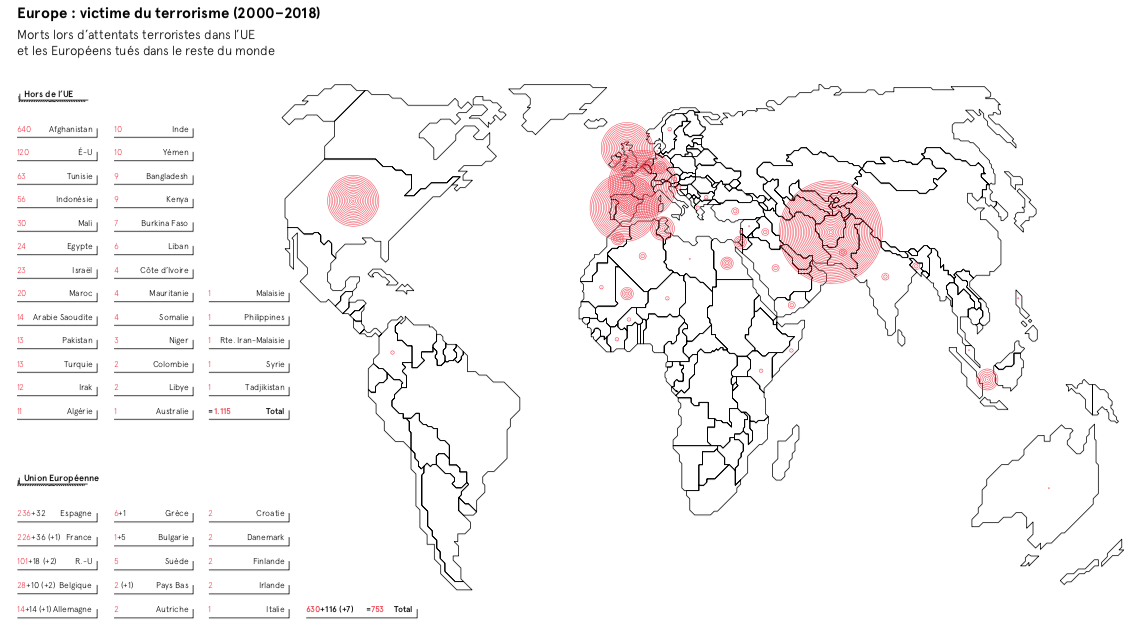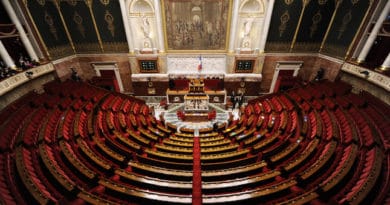A new youth for NATO. And for the Europe of defence?
(BRUSSELS2 from Newport to Milan) The NATO Summit undoubtedly marked a return to its fundamentals for the Alliance: 1° to face the Russian "adversary" (we no longer say "enemy" but it's the same ); 2° to fight against hotbeds of terrorism in certain parts of the world, 3° to maintain the capacity of the armed forces. This has the advantage of being simple. Questions, procrastination, reluctance now seem to have disappeared. We can thus notice - as David Cameron did moreover - that the divisions which had marked the allies more than 10 years ago, during the American-British intervention to bring down Saddam Hussein are forgotten. The crisis in Ukraine, like the situation in Iraq, makes the unity of the allies and military force more necessary than ever. The Alliance thus finds a new youth.
Few questions
The Alliance has certainly gotten back in working order... But by also avoiding some painful questioning. The huge commitment in Afghanistan did not really eliminate the Taliban hotbed in Afghanistan (which was the objective in 2001), the American-British intervention in Iraq in 2003 produced indescribable chaos 10 years later, the intervention in Libya in 2011 - a military success - led to a political and security stalemate that today threatens neighboring countries. The new intervention in Iraq partly takes account of these failures.
An observation: leaving "alone" is no longer possible
There is no longer any question for NATO or the USA to leave alone, or almost, and by doing 100% military. It is therefore necessary to include the Arab countries. And we must include the allies who have no will or possibility of military action of their own. Hence the appeal to all those of good will (suppliers, intelligence, humanitarian aid, etc.) to thus have the broadest possible coalition. The financial equation is not very far from this political equation either. Then you have to plan for the next blow: having a consolidated political authority, border control, etc. Because defeating the troops of the Islamic State would be useless if the soil in which it settled is not renovated. This is where the Alliance finds the limits of its action and must find a relay...
A European political vacuum
Faced with this reality where the Europeans can do nothing without the Americans, the Europe of defense appears in the "cabbage". Especially since we are in a "transitional" phase at European level where one High Representative has already (mentally and almost physically) left and the other has not yet arrived. There is unquestionably a political "vacuum" at the head of Defense Europe. Vacuum accentuated by the Russian-Ukrainian crisis. Moscow wants to confront NATO and the Americans, not the Europeans who are in a negotiating position.
A Europe of defense in the cabbage?
The meeting of defense ministers of the European Union, who met this Tuesday and Wednesday in an informal meeting in Milan, thus had a slightly surreal side. The discussion on the future of battlegroups, the EU's rapid reaction force, which has been started many times, has been resumed without finding a real solution, for the moment. While NATO at the same time, set up, in 2 stages, 3 movements, its own rapid reaction force. At least on paper, because in reality, nothing is fixed, and the discussion on the details is likely to reveal many questions... As for the follow-up to the conclusions of the December summit on Defence, the work seemed a bit dull and out of step with the security challenges of recent months. However, we should not be mistaken: the European assets exist.
But... operations that work
National army training missions in Somalia and Mali are functioning. They forge the destiny of new armies - without much fanfare - but surely as effective as in Afghanistan. Certainly the objective is not so grandiose. There are not hundreds of thousands of men in training. It's more like a few thousand. But these few thousand make the difference. The peacekeeping operation in the Central African Republic EUFOR Rca - after a difficult start - has begun to bear fruit. And its extension of a few months has been sketched out. As for the EUnavfor Atalanta anti-piracy operation, its success is real, piracy is contained (thanks to a combination of other factors as well), to the point that the other multinational operations (in particular CTF151 and Operation Ocean Shield of NATO have discreetly lowered their guard, leaving the European Union to take on its share of the "burden").
The "global" asset
The main European asset is - B2 has already spoken about it but it is never bad to remember it - its "pluralistic" political positioning with several Member States where none holds supremacy. Unlike NATO where no one can deny American supremacy. The functioning of Europe seems a bit complex to decipher, made up of hesitations and compromises. But in the end, the result is not often bad. The other European asset is to be able to mix diplomatic instruments - which exist despite all the cassandres - financial and legal. The latter are not the least asset of the device, in particular to carry out a transfer of prisoners (pirates in the Indian Ocean, "agitators" or "delinquents" in the Central African Republic, war criminals or mafiosi in Kosovo).
Separation of duties
In fact, we can now outline a very frank separation, which no one wants to draw before. At NATO, high-intensity conflict operations in certain geographical areas (Asia and the Gulf) as well as the territorial defense of Europe (which has once again become the Alliance's "core business"). In the EU, lighter operations, on a smaller scale (in terms of men and intensity of the conflict), but in complex environments, mixing military and police operations or the rule of law; in areas where NATO is not automatically on edge (Africa, Middle East); whose objective is not to defeat an enemy but to restore a "state". This division can be broken down into the forces: in NATO, a rapid reaction force, capable of defending the borders of the East (facing Russia) or the South (in Turkey); to the EU, a rapid reaction force capable of intervening "outside borders" on short-term missions (interposition, evacuation of nationals, etc.), provided that the Europeans are willing to tackle the real problems blocking this force.
(Nicolas Gros-Verheyde)

